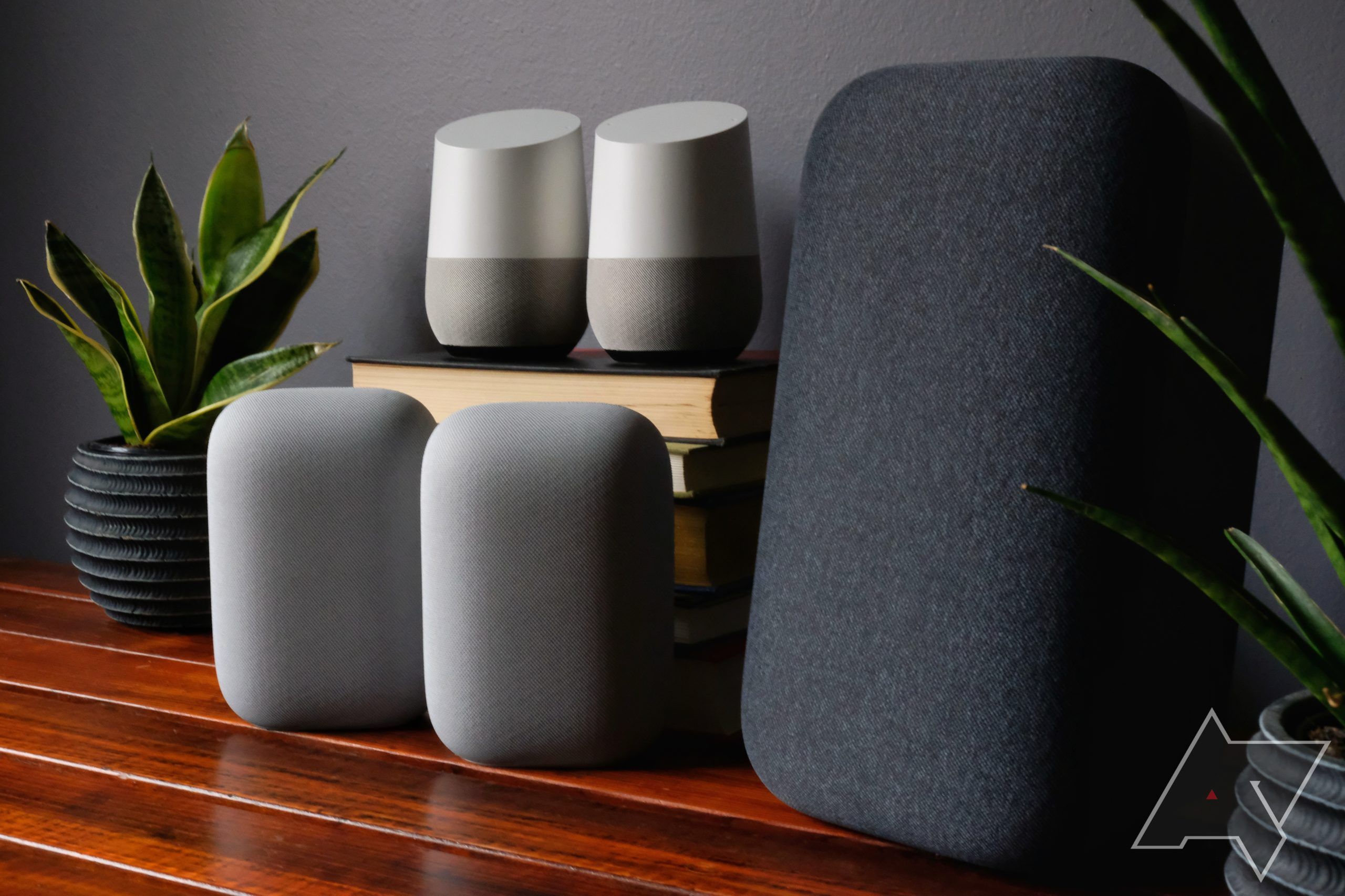Google and Sonos have been at war with each other for years over copyright and patent infringement. The battle reached its peak in January this year when the US International Trade Commission found Google guilty of violating Sonos' IPs without taking its due permission. This forced the big G to cripple certain features on its Nest and Cast-enabled speakers to comply with the ruling. Now, the company has given another heads-up to Pixel users in the US and Canada that could prevent them from setting up certain Nest or Google Home-branded devices.
In a post on the Google Nest community, a Community Manager says "because of an interruption caused by Sonos," a limited number of Pixel phone users in the US and Canada may not be able to set up new devices. They note that when setting up a device that has not been connected to Wi-Fi for a long time (or never), users may run into a "Device needs to be activated before setup" message in the Google Home app.
Google does not clearly specify the impacted devices. Still, it's likely that Home and Nest-branded speakers and displays that have not been used in a long time or are still boxed and unopened are affected, presumably because they are running an older firmware. If you find yourself with access to such a device, the company recommends using Google TV or Android TV to set them up. Alternatively, if you live outside the US and Canada, you can use the Device Utility app from the Play Store to activate the product. For users in those two countries, Google recommends reaching out to its customer support.
In a statement to 9to5Google, the company notes that it would send replacement devices or offer Google store credit to affected users if required.
“This decision temporarily impacts a small number of Pixel users who set up a speaker or display for the first time with the Device Utility App. We will work with them to minimize disruption. Our support teams are on hand to fix any issues they have and if needed, we will send replacement devices or offer a Google store credit. Over the years, we have worked hard to make sure that our shared customers would have a positive experience and are disappointed that Sonos continues to use the legal system in a way that deliberately creates issues for these users.”
Google has been on the losing side in its war against Sonos. It has already had to make some annoying changes to how Speaker Group volume controls work leading to a poor user experience. The company could have just paid Sonos royalties and licensed the necessary patents to end this matter. Instead, it has taken the other route of modifying the functionality of its devices to circumvent the infringement, which is messy in the short term.

